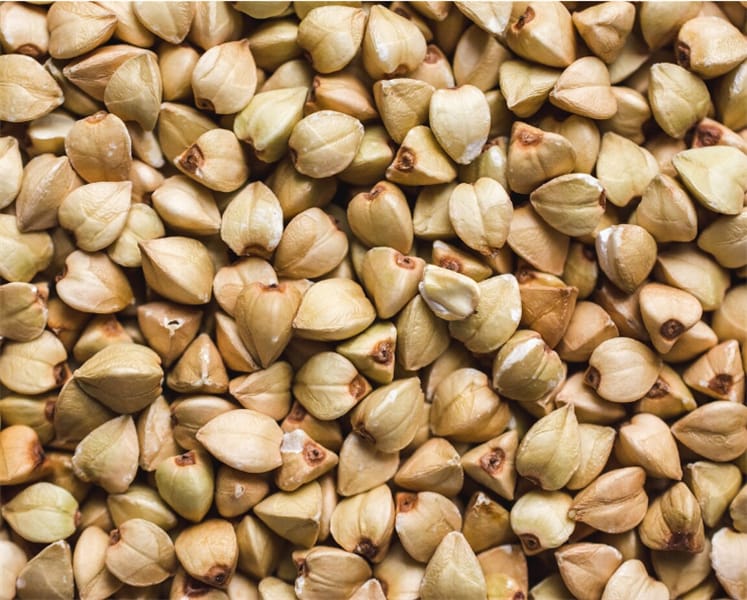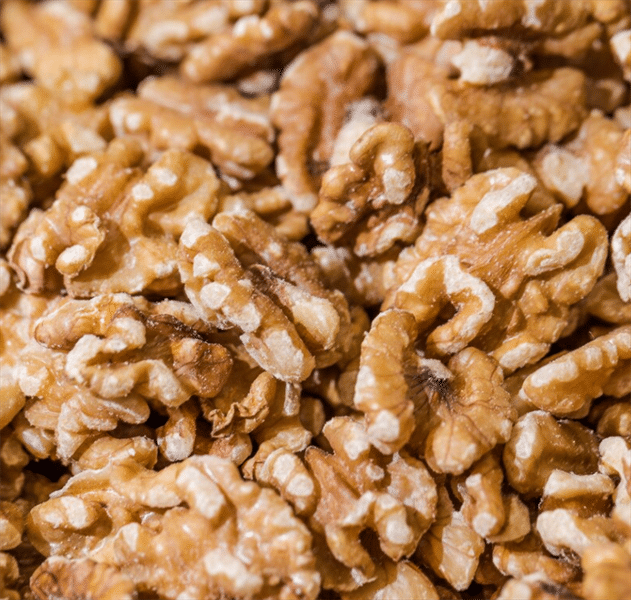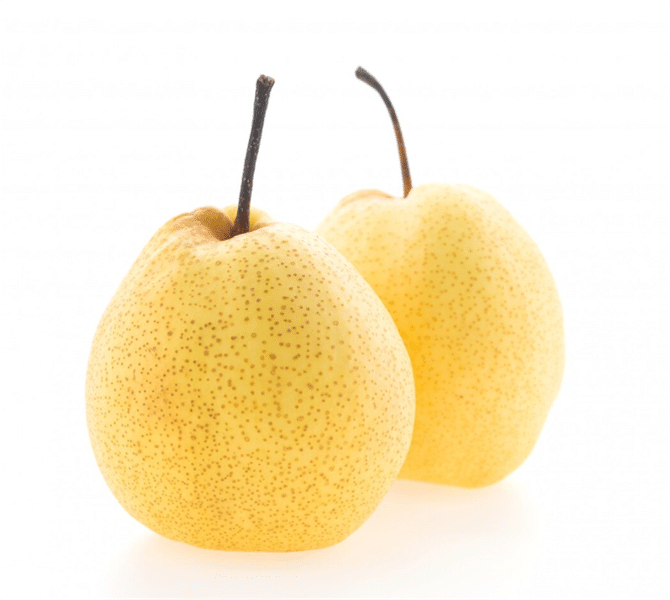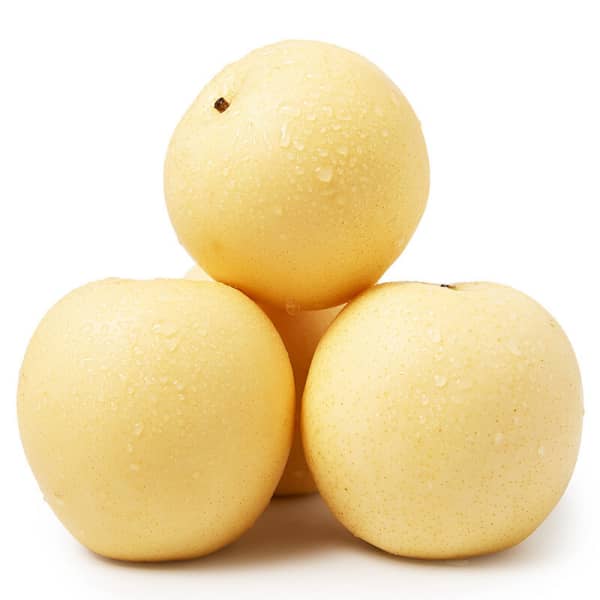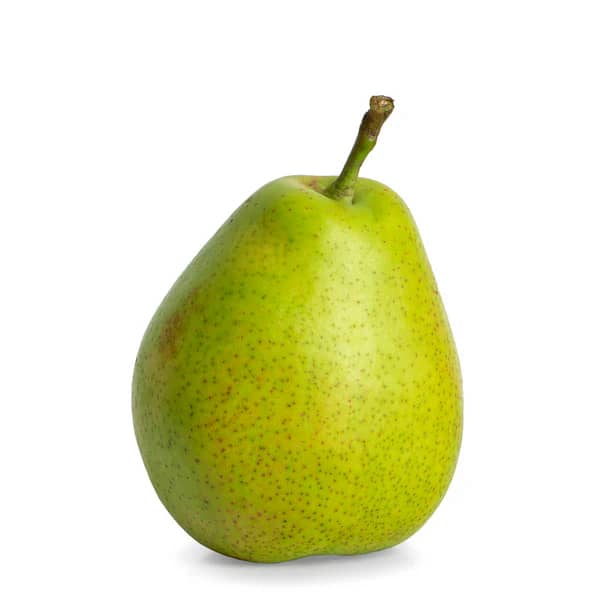Overview
Dull-Seeded Buckwheat stands out as a highly nutritious and versatile pseudo-cereal, ideal for a range of applications from food to pharmaceuticals. This comprehensive article delves into the characteristics, benefits, and uses of Dull-Seeded Buckwheat, highlighting why sourcing from China, especially from CAIE, provides distinct advantages.
What is Dull-Seeded Buckwheat?
Dull-Seeded Buckwheat (Fagopyrum tataricum) is a unique variety of buckwheat known for its dull, non-shiny seeds. It is rich in essential nutrients and antioxidants, making it a valuable addition to various products. Unlike typical cereals, it is a pseudo-cereal, meaning it is not a true grain but is used similarly in culinary practices.
Production Process
- Cultivation: Grown in nutrient-rich soils with minimal use of synthetic chemicals.
- Harvesting: Harvested carefully to preserve maximum nutrient content.
- Processing: Cleaned, dehulled, and processed using advanced technologies to maintain quality.
- Packaging: Packaged in multiple sizes to ensure product integrity during transportation and storage.
Basic Information of Dull-Seeded Buckwheat
| Attribute | Description |
|---|---|
| Type | Dull-Seeded Buckwheat |
| Components | Proteins, carbohydrates, dietary fiber, vitamins (B1, B2, E), minerals (iron, magnesium, potassium), antioxidants (rutin) |
| Properties | Gluten-free, high in antioxidants, low glycemic index |
| Features | Dull, non-shiny triangular seeds with a nutty flavor |
| Specifications | Available in whole seeds, flour, and processed forms |
| Size | Typically packaged in 1 kg, 5 kg, 10 kg, and bulk sizes |
| Grades | Grade A (premium), Grade B (standard) |
| Standards | Meets international food safety and quality standards |
Applications of Dull-Seeded Buckwheat
- Food Industry:
- Gluten-Free Products: Used in bread, pasta, and baked goods for gluten-free diets.
- Breakfast Cereals: Incorporated into cereals and granola for added nutrition.
- Health Foods: Key ingredient in health bars, smoothies, and nutritional supplements.
- Beverage Industry:
- Herbal Teas: Dull-Seeded Buckwheat tea is popular for its health benefits.
- Nutritional Drinks: Used in shakes and health drinks.
- Pharmaceutical Industry:
- Nutraceuticals: Extracts used in supplements for their antioxidant properties.
- Traditional Medicine: Utilized in traditional remedies for various health conditions.
- Cosmetic Industry:
- Skincare Products: Used in creams and lotions for its antioxidant properties.
- Haircare Products: Incorporated into shampoos and conditioners.
Advantages of Dull-Seeded Buckwheat
Dull-Seeded Buckwheat offers numerous benefits:
- Nutritional Richness: High in protein, fiber, vitamins, and minerals.
- Health Benefits: Supports cardiovascular health, improves digestion, and helps manage blood sugar levels due to its low glycemic index.
- Antioxidant Power: Contains high levels of rutin, which helps in reducing inflammation and protecting cells from damage.
- Gluten-Free: Safe for individuals with gluten intolerance or celiac disease.
- Versatility: Suitable for a wide range of culinary and industrial applications.
- Sustainable: Grown using eco-friendly farming practices.
Why Choose Chinese Agricultural Products?
China is a preferred source for agricultural products, including Dull-Seeded Buckwheat, due to several reasons:
- Optimal Growing Conditions: Ideal climate and soil for cultivating high-quality crops.
- Advanced Agricultural Techniques: Use of modern farming methods to enhance yield and quality.
- Cost-Effective Production: Lower production and labor costs translate to competitive pricing.
- High Standards: Adherence to international food safety and quality standards.
- Sustainable Practices: Commitment to environmentally friendly and sustainable agriculture.
Why Choose CAIE?
CAIE stands out in the agro-products market for several reasons:
- Superior Quality: Ensures premium Dull-Seeded Buckwheat through stringent quality control measures.
- Flexible Packaging Options: Offers standard packaging in 10 kg and 20 kg boxes and mesh bags, with customizable options available.
- Reliable Supply Chain: Efficient processes from cultivation to delivery ensure consistent, timely distribution.
- Outstanding Customer Service: Professional and responsive support to address any customer concerns.
- Sustainable Practices: Commitment to environmentally friendly farming techniques.
- Comprehensive Quality Assurance: Rigorous testing to guarantee safety and quality.
- Innovative Solutions: Continuous R&D to improve product quality and operational efficiency.
Specifications of CAIE Brand Dull-Seeded Buckwheat Packaging
CAIE provides a variety of packaging options tailored to different needs:
| Packaging Type | Weight | Description | Advantages | Disadvantages |
|---|---|---|---|---|
| Cardboard Box | 10 kg | Sturdy, protects against physical damage | Easy to stack and transport | Heavier and bulkier |
| Cardboard Box | 20 kg | Larger capacity for bulk storage | Cost-effective for large quantities | Difficult to handle due to weight |
| Mesh Bag | 10 kg | Lightweight, allows air circulation | Prevents moisture build-up | Less protective against physical damage |
| Mesh Bag | 20 kg | Higher capacity with breathable packaging | Ideal for large-scale use | Can be cumbersome to move |
CAIE also offers customizable packaging options to meet specific customer requirements, ensuring the Dull-Seeded Buckwheat is stored and transported according to client needs. Please contact our customer service or send an email to CAIE support for more information.
Frequently Asked Questions (FAQ)
1. What makes Dull-Seeded Buckwheat a superior choice for consumers?
Dull-Seeded Buckwheat is a superior choice due to its high nutritional value, rich antioxidant content, and versatility in various recipes. It is gluten-free, making it suitable for those with gluten intolerance, and supports overall health with its numerous benefits.
2. How should I store Dull-Seeded Buckwheat to maintain its freshness?
Store Dull-Seeded Buckwheat in a cool, dry place, away from direct sunlight and moisture. Using airtight containers can help maintain its freshness and prevent spoilage.
3. Can Dull-Seeded Buckwheat be used in gluten-free diets?
Yes, Dull-Seeded Buckwheat is naturally gluten-free, making it an excellent choice for those with celiac disease or gluten intolerance. It can be used in a variety of gluten-free recipes, including bread, pasta, and baked goods.
4. What are the health benefits of consuming Dull-Seeded Buckwheat?
Consuming Dull-Seeded Buckwheat can improve heart health, support digestive health, and help manage blood sugar levels due to its low glycemic index. It is also high in rutin, an antioxidant that reduces inflammation and protects cells from damage.
5. Why should I choose CAIE for purchasing Dull-Seeded Buckwheat?
Choosing CAIE ensures you receive premium quality Dull-Seeded Buckwheat, backed by rigorous quality control and sustainable farming practices. CAIE offers flexible packaging options and excellent customer service, ensuring your specific needs are met efficiently.

